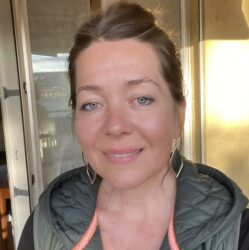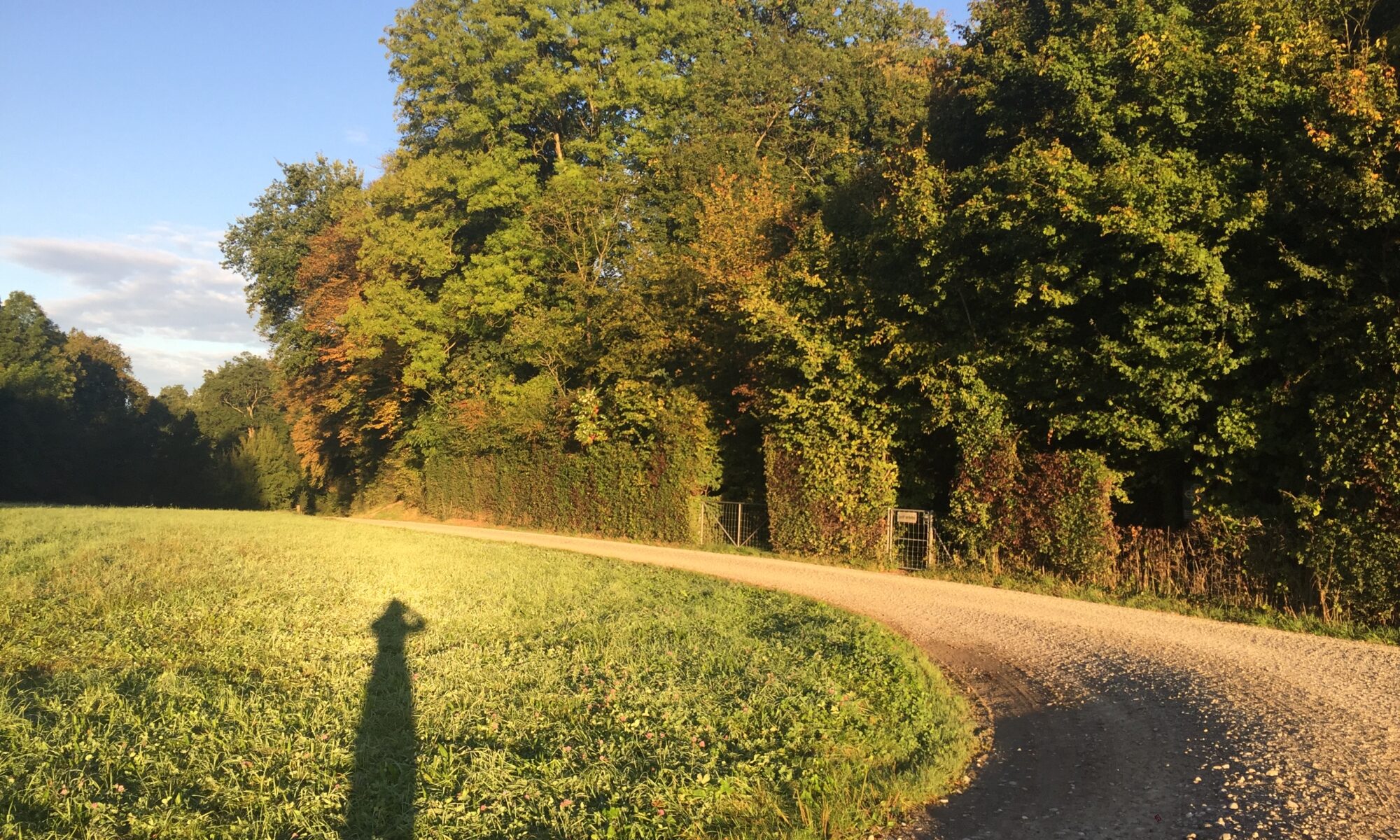I once heard someone say that every child is born with a burning flame inside. A flame of curiosity, joy, and boundless imagination. Children don’t question their worth—they play freely, dream wildly, and believe they can be anything.
As someone who works with children, I see that flame every day. I listen to their conversations, and I can already hear the world shaping them—mirroring back the beliefs of their caregivers, repeating patterns passed down through generations. And slowly, as we grow, that flame begins to dim. We’re told to be more realistic. To stop dreaming. To toughen up. We are scolded for being “too much,” “too sensitive,” or “too different.” Bit by bit, we trade our inner fire for approval, obedience, and belonging.
Many people end up living lives they were advised to live—not the ones they once dreamed of.
I remember when I was nine years old. My mother decided to send me to a Krishna boarding school in France. We were living in Sweden, and the local temple didn’t have facilities for children, so she felt this was the best choice. We packed into a VW Beetle—my mother, brother, stepfather, and me—and drove south. I still remember stopping overnight at a friend’s house, watching Singing in the Rain on a little black-and-white television. Fred Astaire danced across the screen, and it felt like magic—one of the last “normal” moments before life changed.
When my mother left me at the school a few weeks later, I felt something shift. I didn’t cry—not because I didn’t want to—but because I felt I had to be strong. I wanted to be strong for her. Something inside me decided that my own needs were less important than those of others.
Looking back, I can see how that moment became a thread I followed for many years. I learned to endure. To be the “good girl.” To carry the emotional weight of others without question. I thought that if I just stayed quiet, helpful, and strong, I would be loved. That was the cost of acceptance: self-denial.
But here’s what I now understand—being “strong” in that way isn’t really strength. It’s survival.
As a child, I didn’t yet have the tools to know that. I found my own little islands of comfort at school, made friends, and even had moments of joy. But I also cried at night, overwhelmed by loneliness. I was learning, silently and deeply, how to dim my own light to avoid rocking the boat.
So many of us are shaped by those early impressions. And as adults, we keep living in those same loops—afraid to speak out, afraid to take up space, afraid to feel. We’ve forgotten how to watch our thoughts rather than become them. We’ve forgotten to dance in the rain. We’ve forgotten how brightly we once burned.
Guilt, shame, and fear are the great silencers of joy. They shrink us, making us believe that happiness is somewhere far off. But the truth is: there is no way to happiness. We are the way.
The more we feed the monsters of our past with fear and doubt, the more they grow. But the moment we pause and observe them, we remember—we’re not the fear. We’re not the monster. We’re the one watching. And the one watching still carries that flame.
If we want to find our way back, we must return to that original spark. We must become aware of the lens we’ve been using to see the world. Because it’s not too late to choose a new one.
We’re not broken. We’ve just forgotten the way home.


